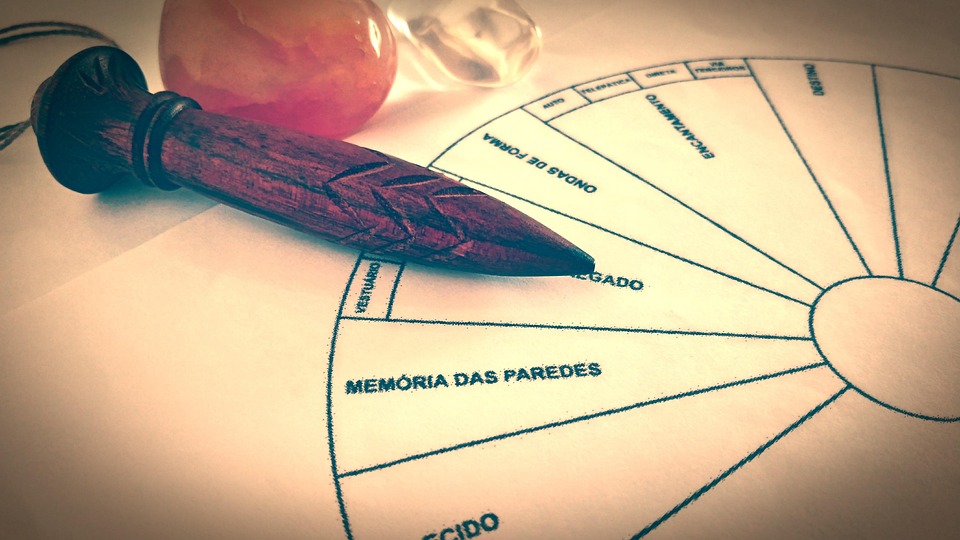Have you ever experienced a situation where you had a strong feeling or hunch about something, but couldn’t quite explain why? This is often referred to as “listening to your gut” or trusting your intuition. Intuition is the ability to acquire knowledge or insight without conscious reasoning or deliberate thought. It’s a powerful tool that can help guide us in our personal and professional lives, but it requires development and practice to tap into its full potential.
What is Intuition?
Intuition is often described as a “sixth sense” that allows us to perceive and understand information that may not be immediately apparent to our conscious mind. It’s a complex process that involves the integration of subconscious patterns, emotions, and experiences to provide insights and guidance. Intuition can manifest in different ways, such as a gut feeling, a hunch, or a sudden insight that seems to come out of nowhere.
The Science Behind Intuition
While intuition may seem like a mystical or spiritual concept, there is a scientific basis for its existence. Research has shown that intuition is closely linked to the activity of the brain’s default mode network (DMN), which is responsible for introspection, self-reflection, and mind-wandering. The DMN is active when we’re not focused on the outside world and are instead engaged in internal mental activities, such as daydreaming or mind-wandering.
Studies have also shown that the brain’s neural networks are capable of processing vast amounts of information below the threshold of conscious awareness. This means that our brains can pick up on subtle patterns and cues that may not be immediately apparent to our conscious mind, but can still influence our thoughts, feelings, and behaviors.
Developing Your Intuition
So, how can you develop your intuition and tap into its power? Here are some tips:
- Practice mindfulness: Mindfulness practices such as meditation and deep breathing can help quiet the mind and tune into your intuition.
- Pay attention to your emotions: Emotions can be a powerful source of intuitive insight. Pay attention to your emotional responses and see if you can identify any patterns or themes.
- Keep a journal: Writing down your thoughts, feelings, and insights can help you identify patterns and themes in your intuition.
- Trust your instincts: Don’t second-guess yourself or try to rationalize your intuition. Trust your instincts and see where they lead you.
- Practice self-reflection: Regular self-reflection can help you tune into your intuition and gain a deeper understanding of yourself and your place in the world.
The Benefits of Intuitive Development
Developing your intuition can have a range of benefits, from improved decision-making and problem-solving to increased creativity and innovation. By tapping into your intuition, you can:
- Make better decisions: Intuition can provide valuable insights and guidance when making decisions, helping you avoid potential pitfalls and make more informed choices.
- Enhance your creativity: Intuition can be a powerful source of creative inspiration, helping you generate new ideas and solutions.
- Improve your relationships: By tuning into your intuition, you can gain a deeper understanding of others and develop more empathetic and compassionate relationships.
- Reduce stress and anxiety: Intuition can provide a sense of calm and clarity, helping you navigate challenging situations and reduce feelings of stress and anxiety.
Conclusion
Listening to your gut and developing your intuition is a powerful way to tap into your inner wisdom and gain a deeper understanding of yourself and the world around you. By practicing mindfulness, paying attention to your emotions, and trusting your instincts, you can cultivate your intuition and unlock its full potential. Remember, intuition is a skill that takes time and practice to develop, but the benefits are well worth the effort.


Leave a Reply